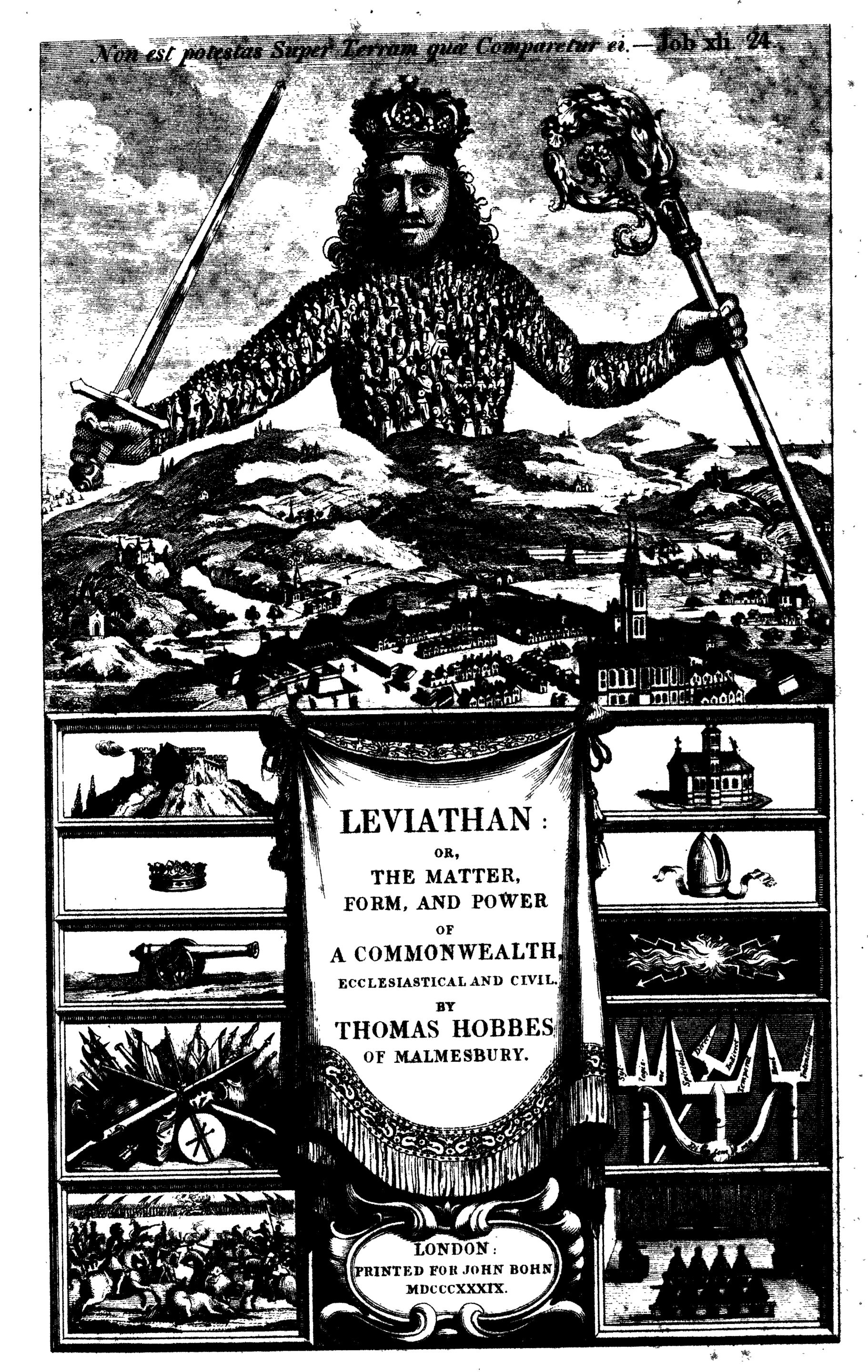Since the government partial shutdown began, we’ve been seeing panicked headlines about states being denied federal money for promised or already-started energy and infrastructure projects. Other sorts of subsidies are also in jeopardy. You’d think that not getting money from Washington was the worst thing that could happen. Oh my goodness, federalism might be breaking out!
Unfortunately, we can be sure that no restoration is in the works. We are not about to return to the long-gone world in which the national government had few powers and the people of the 50 states grappled with governments that were nearby as well as competitive with one another, thanks to their residents’ freedom to exit an oppressive jurisdiction for a freer one. This occurs today to a degree, but that ultimate safeguard of liberty—exit—diminishes when Washington imposes or strongly incentivizes uniformity nationwide—when it sets a coercive baseline. Revenue that looks like free money has been an effective way to accomplish that end. So much the worse for liberty, considering that a major factor leading to original free-market, small-government liberalism in Western Europe was the relatively low cost of fleeing tyranny. In practice, the more centralized the power, the less free we are.
The panic to which I refer did not begin with the recent so-called shutdown. We saw it when Trump cut back on tax money to universities and other organizations earlier this year. It was as if a divine right had been abolished. For decades before that, presidents have threatened to withhold federal funds if states didn’t do things like impose a 55-mph speed limit or raise the drinking age to 21.
How was that not a violation of the spirit, if not the letter, of federalism and decentralization, which, at least theoretically, was the distinctive American system? (Market-ordered anarchism would be even better, but it’s not on the menu today.)
It’s a good time to remember, or realize for the first time, that throughout the 20th century, American classical liberals, or libertarians, warned of the dangers of national funding for every sort of thing. There was the New Deal, of course, the beginning of the national welfare state, which included Washington-run relief and pensions systems. Many people might have been willing to forgive that because of the Great Depression, but centralization didn’t end after that crisis and World War II. The programs were accepted and thus became permanent. We later saw national funding for highways, education, and housing, often tied to imagined crises, such as the Soviet presence.
A few politicians (such as Robert Taft and Barry Goldwater) and writers (such as Leonard Read, Felix Morley, and Henry Hazlitt) warned that money from Washington jeopardized liberty. They foresaw that people would get hooked on the money, that the government slope was slippery, that each program would be a precedent for the next, that mission creep was to be expected, that even a reduction in an anticipated spending increase would be seen as a heartless cutback, and that with money comes strings. For their troubles, they were smeared as paranoid, reactionary, and extremist. What they really were was libertarian.
But the Cassandras were right! They said people would become habituated to money from the national government—and they did! For many, no alternative exists to Washington. Even the possibility of a delay of one dime prompts street demonstrations demanding that the government “keep its hands” off some government program. How absurd!
The champions of centralized government have been winning for over a century. That the relatively free parts of the private sector keep enriching us is a tribute to capitalism, not to the politicians and bureaucrats. No doubt, many, if not all, of the architects of centralization intended that once they got the ball rolling, there would be no going back. Their opponents certainly knew it, but they were shunned, disparaged as old-fashioned, and shut up.
Is there a way back? That is the question. If we cherish freedom, we must find it.
































